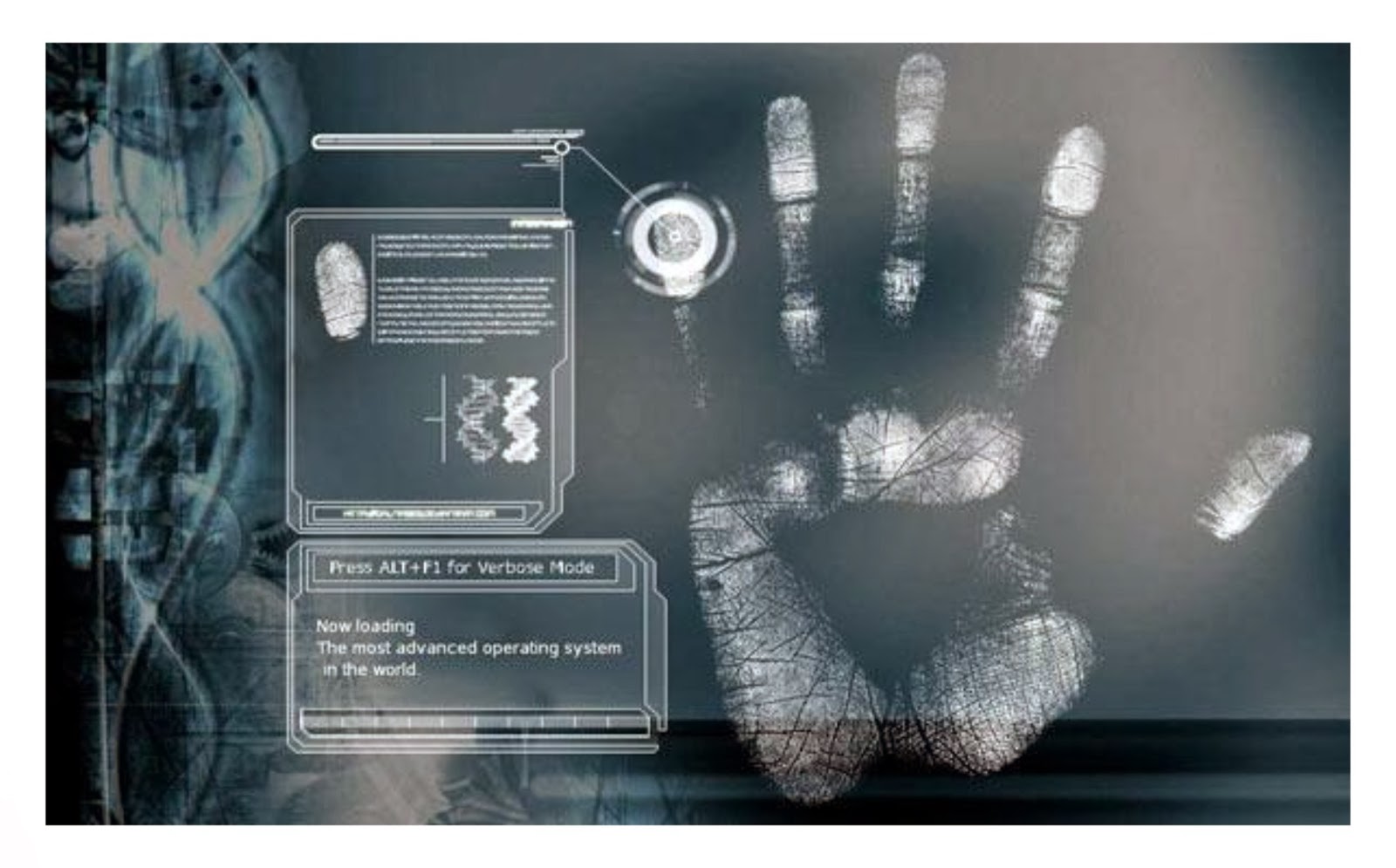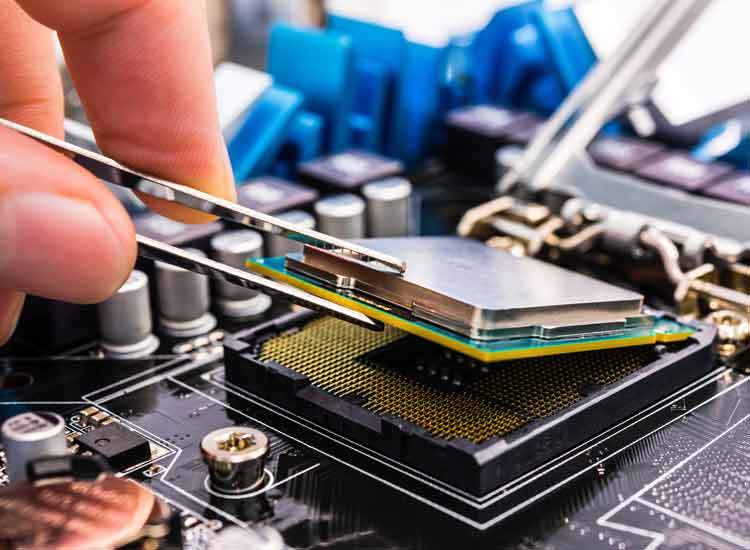
Computer Forensics in the Courtroom
- Introduction
- The Role of Computer Forensics in Legal Proceedings
- Types of Digital Evidence
- Collection and Preservation of Digital Evidence
- Analysis of Digital Evidence
- Admissibility of Digital Evidence in Court
- Challenges in Presenting Digital Evidence
- Success Stories of Computer Forensics in Court
- Future of Computer Forensics in Legal Proceedings
- Conclusion
Introduction
Computer Forensics is the application of scientific methods and techniques to collect, analyze, and present digital evidence in a court of law. The use of digital evidence has become increasingly important in legal proceedings, as more and more criminal activities are being carried out using computers and other digital devices. In this article, we will discuss the role of computer forensics in legal proceedings, the types of digital evidence, the collection and preservation of digital evidence, the analysis of digital evidence, the admissibility of digital evidence in court, the challenges in presenting digital evidence, success stories of computer forensics in court, and the future of computer forensics in legal proceedings.
The Role of Computer Forensics in Legal Proceedings
Computer forensics plays a crucial role in legal proceedings, as it helps to uncover evidence that would otherwise be impossible to obtain. Digital devices such as computers, smartphones, and tablets can hold a wealth of information, including emails, text messages, internet history, and documents. Computer forensics experts use specialized tools and techniques to recover this information, even if it has been deleted or hidden.
Types of Digital Evidence
There are several types of digital evidence that can be collected and analyzed in legal proceedings. Some of the most common types include:
- Emails and Text Messages: These can provide important information about the communication between individuals.
- Internet History: This can show what websites a person has visited and what they searched for online.
- Documents: These can include anything from spreadsheets to word processing files and can provide important information about a person’s activities.
Collection and Preservation of Digital Evidence
Collection and preservation of digital evidence is a critical step in computer forensics. It is important to collect the evidence in a way that preserves its integrity and ensures that it can be used in court. This involves creating a forensic image of the device, which is a bit-by-bit copy of the hard drive. The original device is then secured and stored in a safe location, while the forensic image is used for analysis.
Analysis of Digital Evidence
Analysis of digital evidence involves examining the forensic image to uncover important information. This can include recovering deleted files, identifying internet history, and analyzing emails and text messages. Computer forensics experts use specialized software to analyze the data and present their findings in a clear and concise manner.
Admissibility of Digital Evidence in Court
Admissibility of digital evidence in court is a complex issue that depends on several factors. The evidence must be relevant to the case, reliable, and obtained legally. Computer forensics experts must be able to explain their methods and demonstrate that their findings are accurate and trustworthy.
Challenges in Presenting Digital Evidence
There are several challenges involved in presenting digital evidence in court. One of the biggest challenges is the complexity of the evidence. It can be difficult for a judge or jury to understand technical terms and concepts. Computer forensics experts must be able to present their findings in a way that is understandable to non-technical individuals.
Success Stories of Computer Forensics in Court
There have been several high-profile cases where computer forensics played a key role in solving the case. One example is the case of Casey Anthony, who was acquitted of murder charges in 2011. Computer forensics experts were able to recover internet search history that showed Anthony had searched for information about chloroform, which was used to kill her daughter. This evidence played a key role in the case.
Future of Computer Forensics in Legal Proceedings
The future of computer forensics in legal proceedings looks bright, as technology continues to advance and criminals become more sophisticated in their use of digital devices. Computer forensics experts will continue to play a critical role in uncovering evidence and helping to solve complex cases.
Conclusion
In conclusion, computer forensics is an essential part of legal proceedings in the digital age. It plays a critical role in uncovering evidence and presenting it in a clear and concise manner. As technology continues to advance, computer forensics experts will continue to play a vital role in solving complex cases and ensuring that justice is served.

